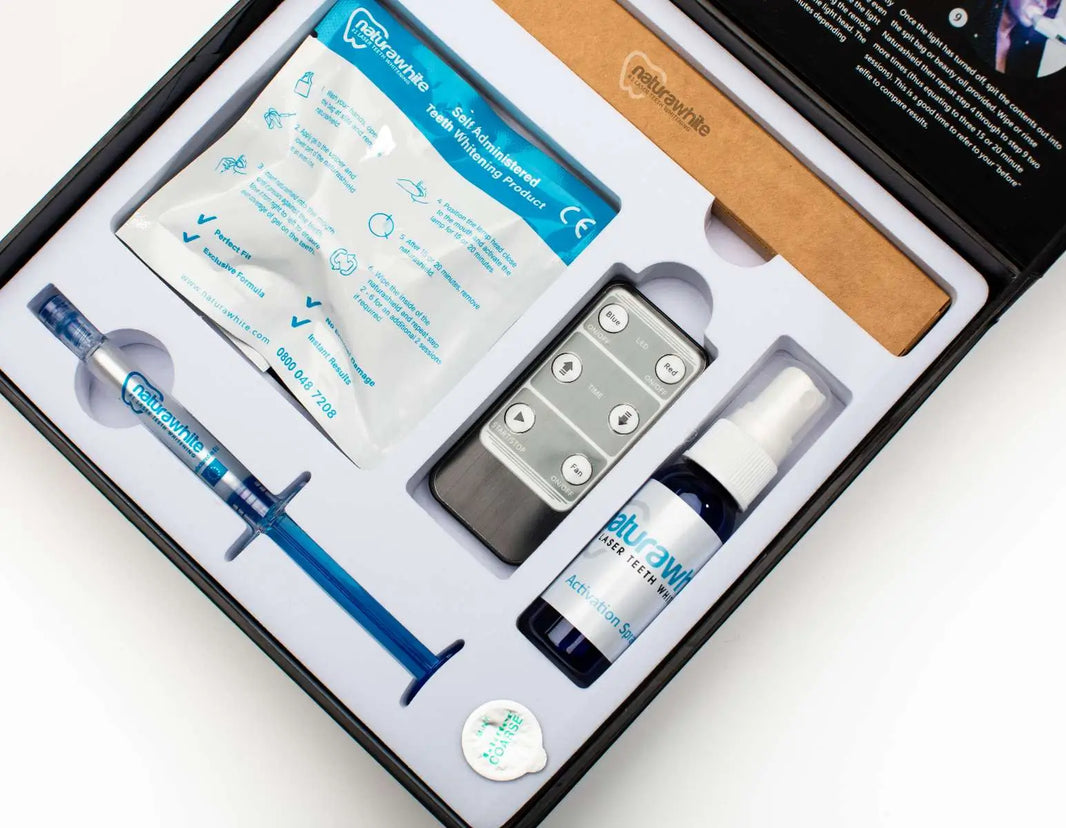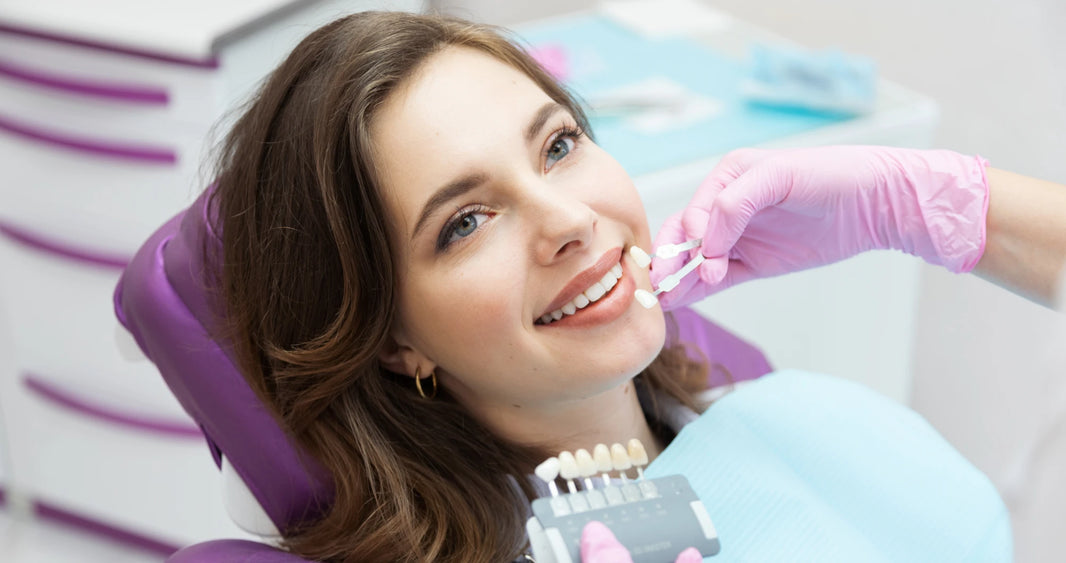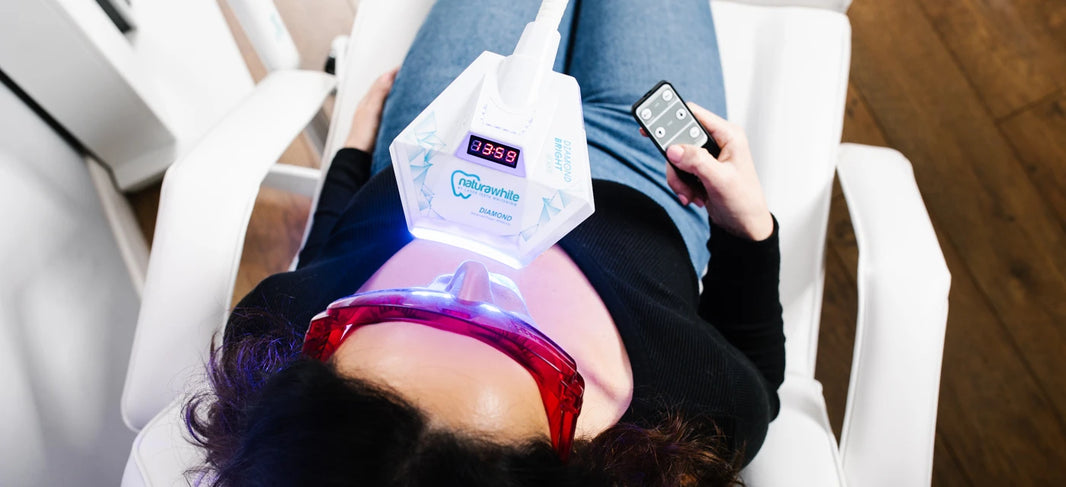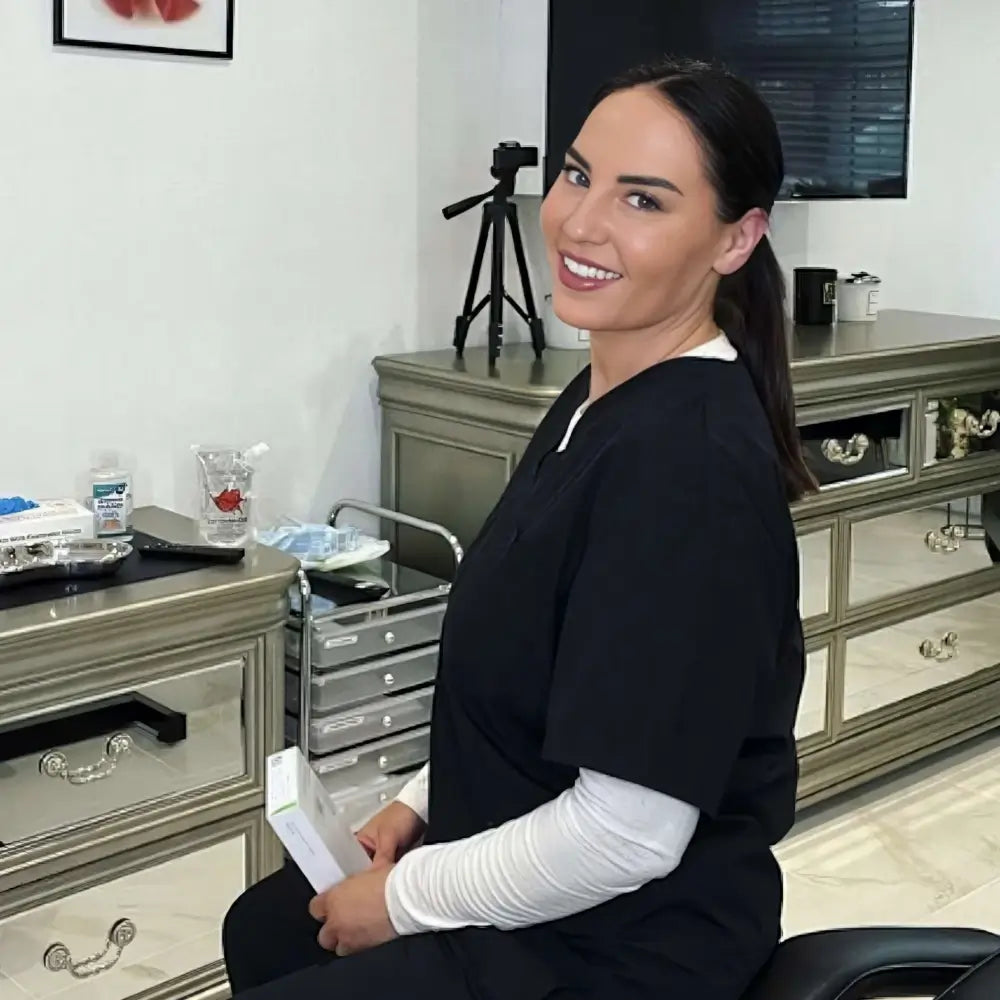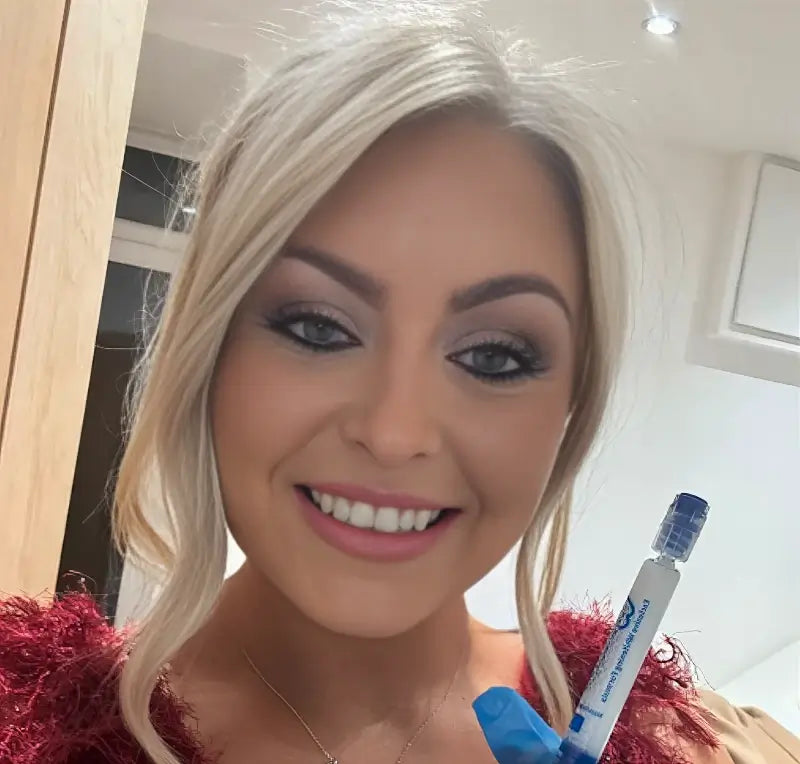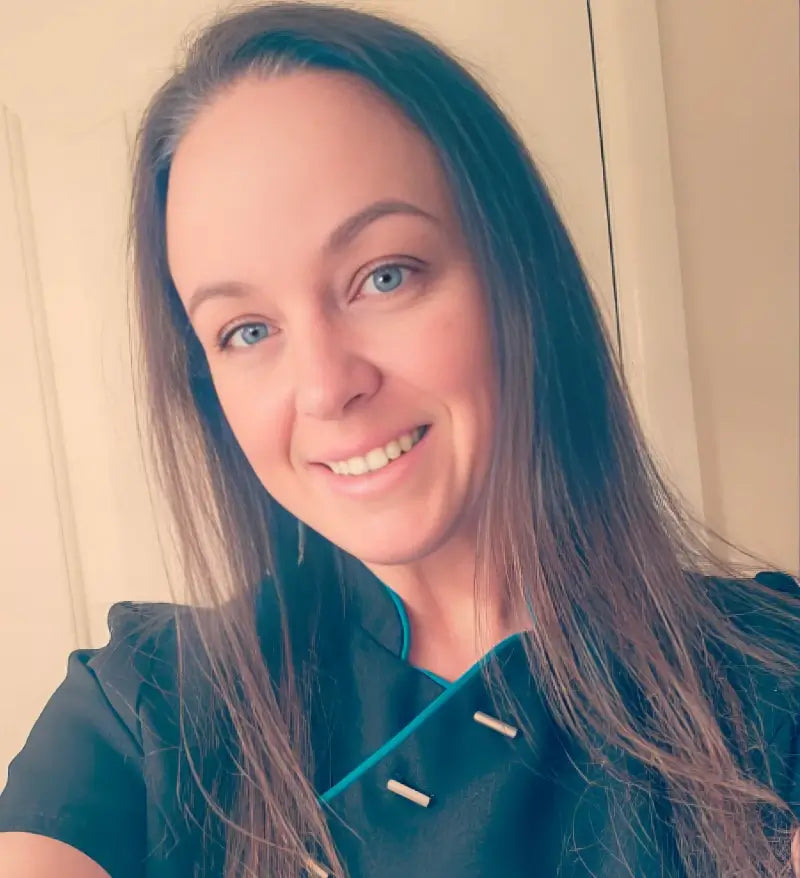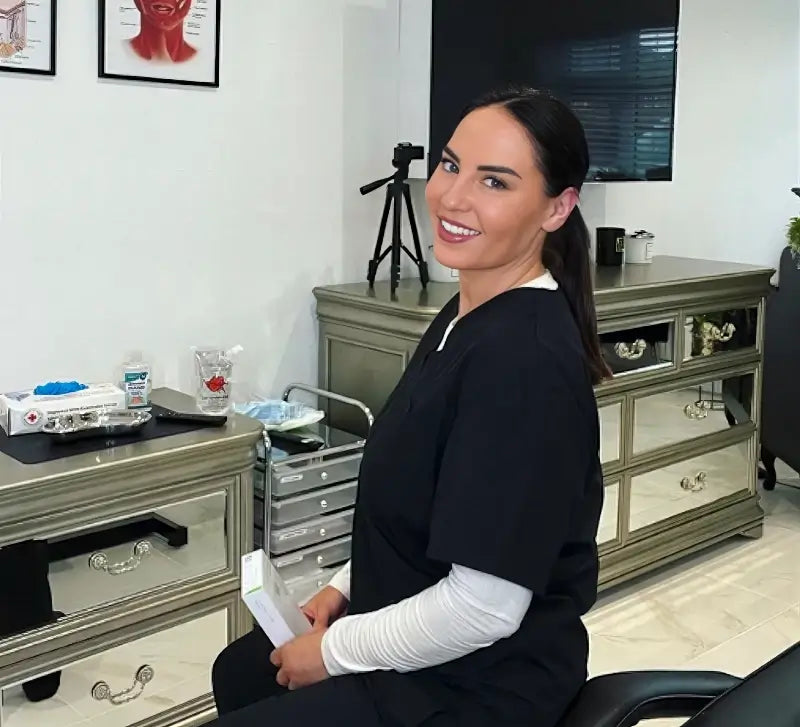The short answer is yes, but to fully understand what is required to be compliant and legal, the following analysis will answer all your questions in detail.
1. Introduction: Navigating a Complex Regulatory Landscape
Cosmetic teeth whitening in the United Kingdom sits at the intersection of dentistry and consumer cosmetics, creating a legal landscape that can feel confusing to professionals and consumers alike. For many years, the General Dental Council (GDC) has asserted that any form of teeth whitening constitutes the “practice of dentistry,” which means it can only be performed by registered dental professionals. However, a series of UK court decisions has clarified that not all whitening activity is automatically dentistry. When specific conditions are met—most notably the use of approved cosmetic products and a “self-service” model where the client applies the whitening product themselves—non-dentists can operate legally. Understanding this distinction requires familiarity with two overlapping laws:
- Dentists Act 1984 – Defines and limits the “practice of dentistry” to GDC-registered practitioners.
- Cosmetic Products Enforcement Regulations 2013 – Implements EU Regulation (EC) No 1223/2009 and governs the composition, marketing, and safety of cosmetic products, including teeth-whitening gels.
The interplay of these laws creates the perceived “grey area.” Whether a whitening service is classified as dental treatment or as a cosmetic procedure depends on both the strength of the whitening product and the way the service is delivered.
2. The Legal Framework for Whitening Products: Hydrogen Peroxide Is Key
At the heart of product regulation is the concentration of hydrogen peroxide (HP), the active ingredient that whitens teeth. UK law places strict thresholds on HP content because higher concentrations can irritate or damage oral tissue.
2.1 Products up to 0.1% HP – Fully Legal for Consumer Use
- Classification: Cosmetic product.
- Access: Freely available from retailers, beauticians, or online.
- Use: Consumers and non-dentist operators may supply and supervise self-service treatments.
Because these products clearly fall under cosmetic regulations and not dentistry, they represent the safest and simplest option for non-dental whitening businesses.
2.2 Products Between 0.1% and 6% HP – Dental-Only Use
- Who may supply: Only registered dentists.
- Conditions: The first application must be performed or directly supervised by a dentist following a clinical examination.
- Restrictions: Not for cosmetic use on anyone under 18.
A non-dental operator cannot legally apply or even supply these stronger gels unless a dentist is involved from the outset.
2.3 Products Over 6% HP – Strictly Prohibited for Cosmetic Whitening
Any product releasing more than 6% hydrogen peroxide is banned for cosmetic purposes. These concentrations are reserved for medical treatment of disease and cannot be used cosmetically by anyone, including dentists, without breaching UK law. Summary Table: Hydrogen Peroxide Limits
| HP Level | Legal Status | Who Can Supply | Who Can Apply | Key Conditions |
| Up to 0.1% | Fully legal cosmetic | Any retailer or beautician | Consumer self-service | No special conditions |
| 0.1%–6% | Legal only under dentist supervision | Registered dentists | Dentist for first use; patient thereafter | Over-18s only; dental exam required |
| Over 6% | Illegal for cosmetic use | N/A | N/A | Only for disease treatment |
3. Distinguishing Legal Cosmetic Whitening from Dentistry
Even when using low-peroxide gels, the way a service is delivered determines whether it falls within the “practice of dentistry.”
3.1 Features of a Compliant Self-Service Model
A legal cosmetic whitening service must:
- Avoid any physical contact with the client’s mouth, teeth, or gums.
- Provide no dental advice or diagnosis. Staff may give only general product instructions.
- Require the client to self-administer the whitening gel.
- Use only products that meet cosmetic regulations—typically ≤0.1% HP unless a dentist oversees initial application.
- Avoid any suggestion of being a dental professional, including titles or marketing language that implies clinical expertise.
This strict “hands-off” approach is not just best practice; it is a legal safeguard that UK courts have explicitly upheld.
3.2 Actions That Cross the Legal Line
A non-dentist provider risks prosecution if they:
- Apply whitening gel directly to a client’s teeth.
- Touch the mouth or gums in any way.
- Provide a diagnosis, treatment plan, or dental advice.
- Use or supply gels with more than 6% HP for cosmetic use.
- Administer gels with 0.1–6% HP without a dentist’s first application.
- Treat anyone under 18 with restricted products.
Quick Comparison: Legal vs. Illegal Practices
| Aspect | Legal Cosmetic Whitening | Illegal Practice of Dentistry |
| Product | Up to 0.1% HP | >0.1% HP applied by non-dentist; >6% HP cosmetic use |
| Method | Client self-applies | Provider applies gel or protective barrier |
| Advice | General product guidance | Dental diagnosis or treatment |
| Contact | No touching of mouth/teeth | Any physical contact |
| Governing Law | Cosmetic Products Enforcement Regs 2013 | Dentists Act 1984 |
4. Landmark Legal Precedents
Two important court cases involving Naturawhite Brand Ambassadors have clarified how the law should be interpreted:
- Cheryl Dickson – Glasgow Sheriff Court, 2016:
Accused of unlawful dental practice, Dickson was acquitted after proving her service followed a strict self-service model.
- Gemma Salter – Llandudno Magistrates Court, 2019:
Similarly charged by the GDC, Salter was cleared when the court found she had not practiced dentistry.
These rulings demonstrated that self-service whitening using compliant products is legal when providers avoid dental procedures and advice. They effectively carved out a recognised space for cosmetic whitening businesses that follow the rules.
5. Operating Legally: Key Takeaways
Cosmetic teeth whitening is legal in the UK provided operators:
- Use only compliant gels—preferably ≤0.1% HP unless a dentist supervises.
- Adopt a strict self-service model, ensuring clients apply products themselves.
- Avoid any physical contact or dental advice.
- Never use gels above 6% HP for cosmetic purposes.
The Naturawhite victories show that courts distinguish non-invasive cosmetic services from regulated dental procedures. Nonetheless, the GDC continues to monitor the industry, so robust compliance remains essential.
Works Cited
- Dentists Act 1984 – https://www.legislation.gov.uk/ukpga/1984/24/part/IV/crossheading/the-practice-of-dentistry/enacted?view=plain
- GDC Position on Tooth Whitening – https://www.gdc-uk.org/docs/default-source/what-is-the-legal-position/tooth-whitening-position-statement.pdf
- EU Regulation 1223/2009 – https://www.registrarcorp.com/blog/cosmetics/cosmetic-regulations/eu-regulation-1223-2009-regulation-no-ec-1223-2009/


